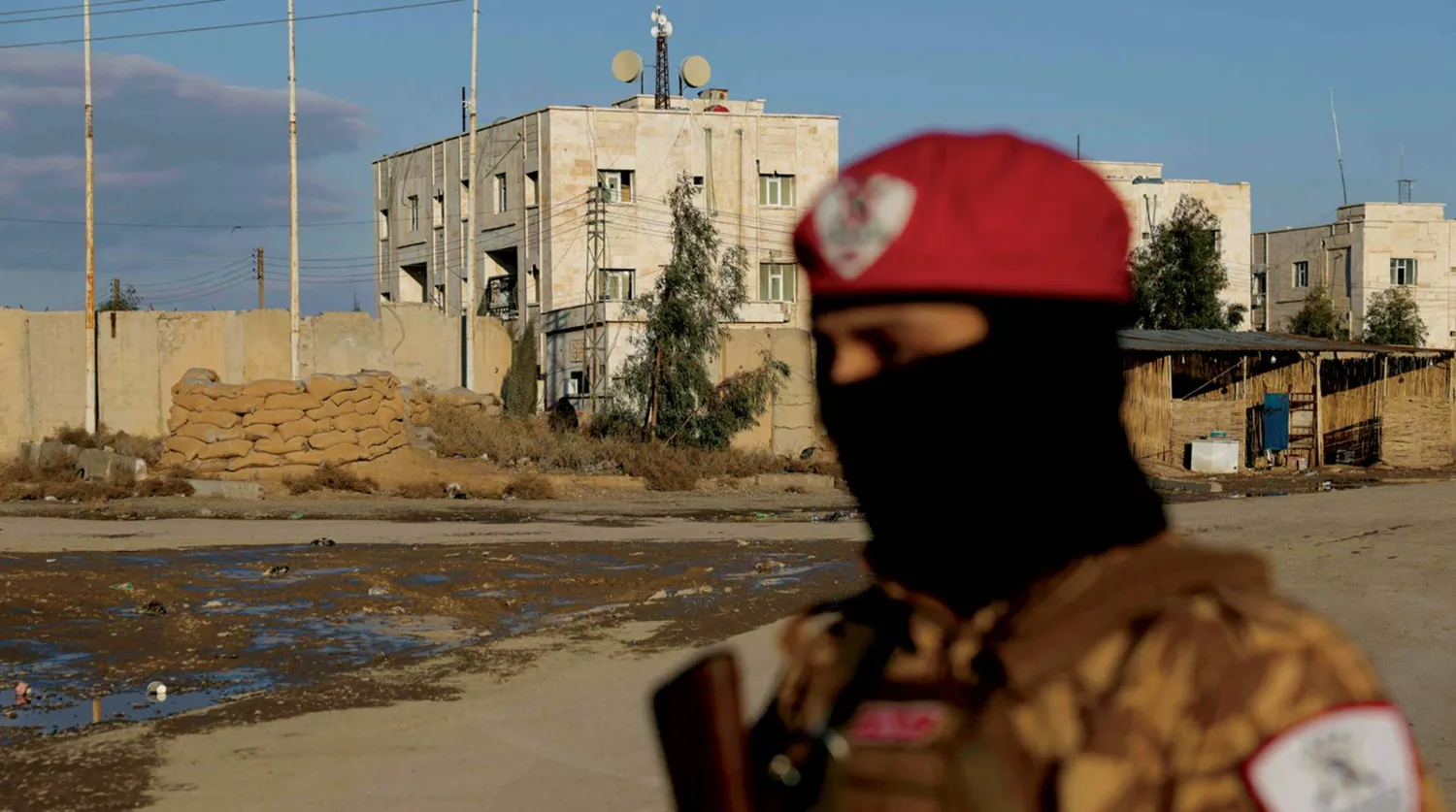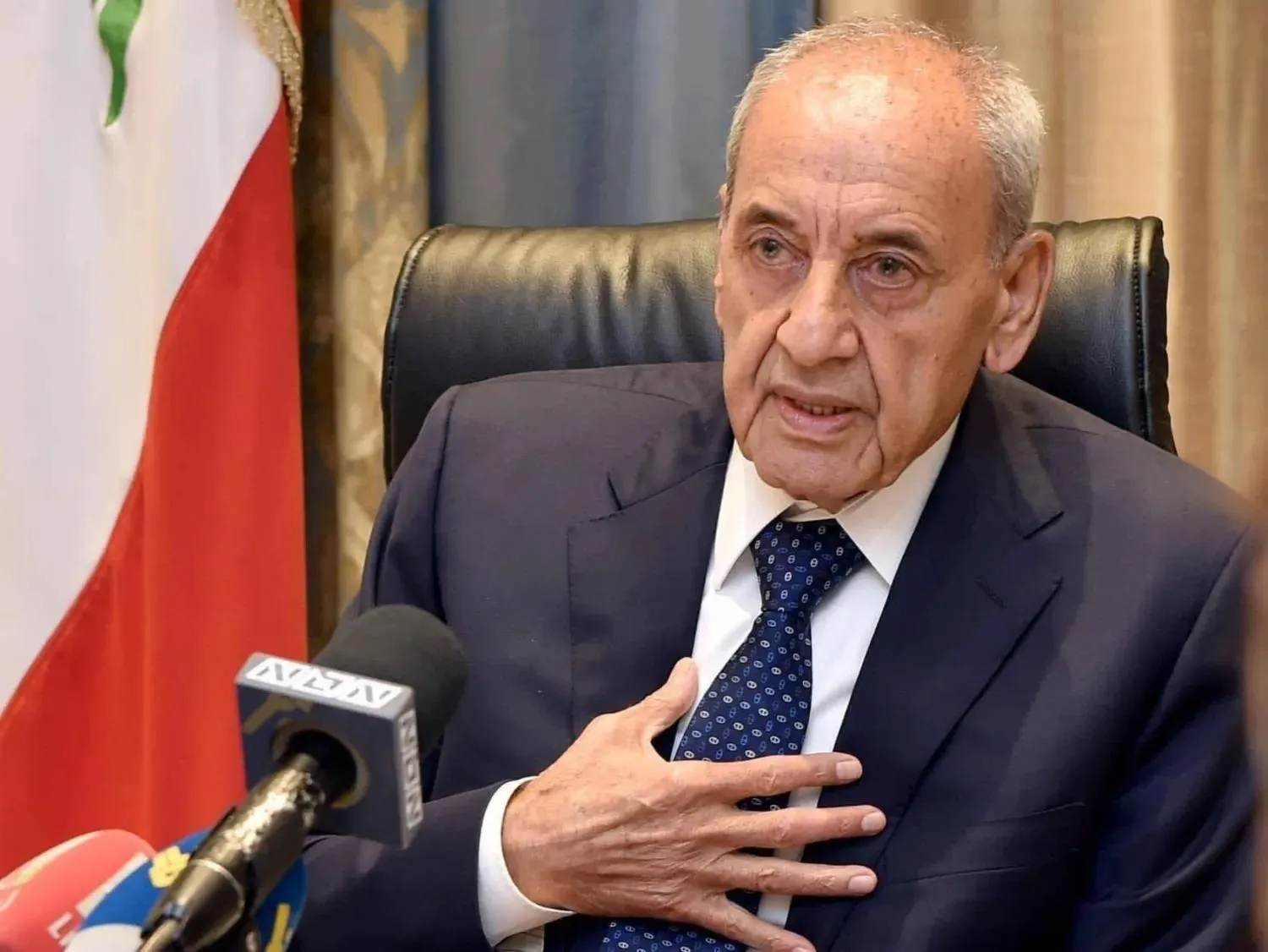The Egyptian-Qatari mediation to exchange prisoners between Israel and the Palestinian factions and achieve a ceasefire in Gaza is close to reaching a breakthrough.
Reports indicated the Palestinian factions were "open" to the Egyptian proposal, and Israeli officials announced "progress" in a new prisoner exchange deal with Hamas.
An informed source said the intensive contacts over the past two days reflected a "great response" from the Palestinian factions to the Egyptian proposal aimed at ending the war in the Strip.
The source, who spoke to Asharq Al-Awsat on condition of anonymity, indicated that the factions are more open to the Egyptian proposal and that there is no contradiction between the Qatari proposals and the Egyptian vision.
He noted that the efforts focus on arranging with all parties to move to the implementation phase."
According to previous statements of the head of Egypt's State Information Service, Diaa Rashwan confirmed that Cairo has put forward a proposal that includes three stages ending with a ceasefire.
Rashwan noted that Egypt would give further plan details once those responses are received.
The proposal is an attempt "to bring viewpoints between all concerned parties closer, to stop Palestinian bloodshed and the aggression against the Gaza Strip and restore peace and stability to the region," he said.
The Qatari proposals stipulate a first phase of the prisoner exchange that includes the release of 40 Israeli detainees of the elderly, the sick, women, and minors in exchange for the release of 120 Palestinian prisoners of similar categories.
According to Israeli media quoting government officials, the suggestions call for a ceasefire for a month.
- Egyptian-Qatari integration
Political Professor at Cairo University Tariq Fahmy confirmed that the Egyptian and Qatari moves go hand in hand regarding efforts to stop the war in Gaza and exchange prisoners.
Fahmy added in remarks to Asharq Al-Awsat that the Israeli media is trying to drive a wedge between the two sides.
He pointed out that the Israeli War Council is moving to authorize the leaders of the information services in Israel, especially the Mossad, to sign a prisoner exchange agreement with Palestinian factions and enter a temporary truce.
Israeli media reported that there had been "progress" in the discussions aimed at concluding a prisoner exchange deal between Israel and Hamas, which would lead to the release of between 40 and 50 Israeli detainees in exchange for a ceasefire.
The Israeli Public Broadcasting Corporation said Hamas is retracting its request for a "permanent" ceasefire and had now agreed to a temporary truce for a month.
The Corporation confirmed, citing political and security officials, that there is serious talk about a humanitarian deal, but the price that Israel will have to pay in terms of the days of the truce and the release of prisoners will be "heavier."
According to the broadcaster, Qatar is trying to implement a "more complex" deal that includes the Israeli army's withdrawal from the Strip and a political settlement.
Israel insists on destroying the capabilities of the Hamas movement.
Israeli Prime Minister Benjamin Netanyahu said that if there is an exchange deal, it will be implemented and carried out.
Netanyahu said: "My policy is clear: We continue to fight until all the objectives of the war have been achieved, primarily the elimination of Hamas and the release of all our hostages."
- Palestinian factions respond
Meanwhile, public statements of Hamas leaders still require a complete cessation of the Israeli war on Gaza to move forward with the deal.
However, Israeli reports stated that Doha informed Tel Aviv of changes in Hamas's position and that it has become more "flexible" towards the new Qatari mediation.
During the past two weeks, Cairo hosted talks with delegations from the Hamas and Islamic Jihad movements.
Fahmy explained that Egypt received "positive" responses regarding the ideas it has put forward about stopping the fighting in Gaza, adding that currently, there are no alternatives to the Egyptian proposal.
The academic specializing in Palestinian and Israeli studies described the response of the Fatah and Hamas movements to the Egyptian proposal as "very good."
He indicated that the Fatah movement no longer has any reservations and that Hamas' military leadership is moving toward accepting the Egyptian proposal.
Fahmy added that the exchange of prisoners and entering into a temporary cessation of fighting "is now close to entering the implementation phase."
The longer-term measures to stop the war require regional and international coordination and are "still underway," he noted.
- The interest of all parties
Former Assistant Foreign Minister, Ambassador Mohamed Hegazy, pointed out that the recent Egyptian vision to end the Gaza war took into account the interests of all parties.
Hegazy pointed out, in an interview with the Middle East News Agency, that Egyptian diplomacy is communicating with all parties and meeting with the Palestinian factions, the Palestinian National Authority, US representatives, Qatar, and the Israeli government of Israel to search for a permanent ceasefire and the release of prisoners and hostages.
He explained that the efforts will be within a framework that leads to stability, reconstructing the Strip, and aiming for a two-state solution.
It is also moving towards achieving reconciliation between the Palestinian factions to establish a "national unity government" or a "government of experts" linking the West Bank and the Gaza Strip.
Egypt is leading the mediation efforts with Qatari-US participation, as the three countries are guarantors of implementing the ceasefire.









